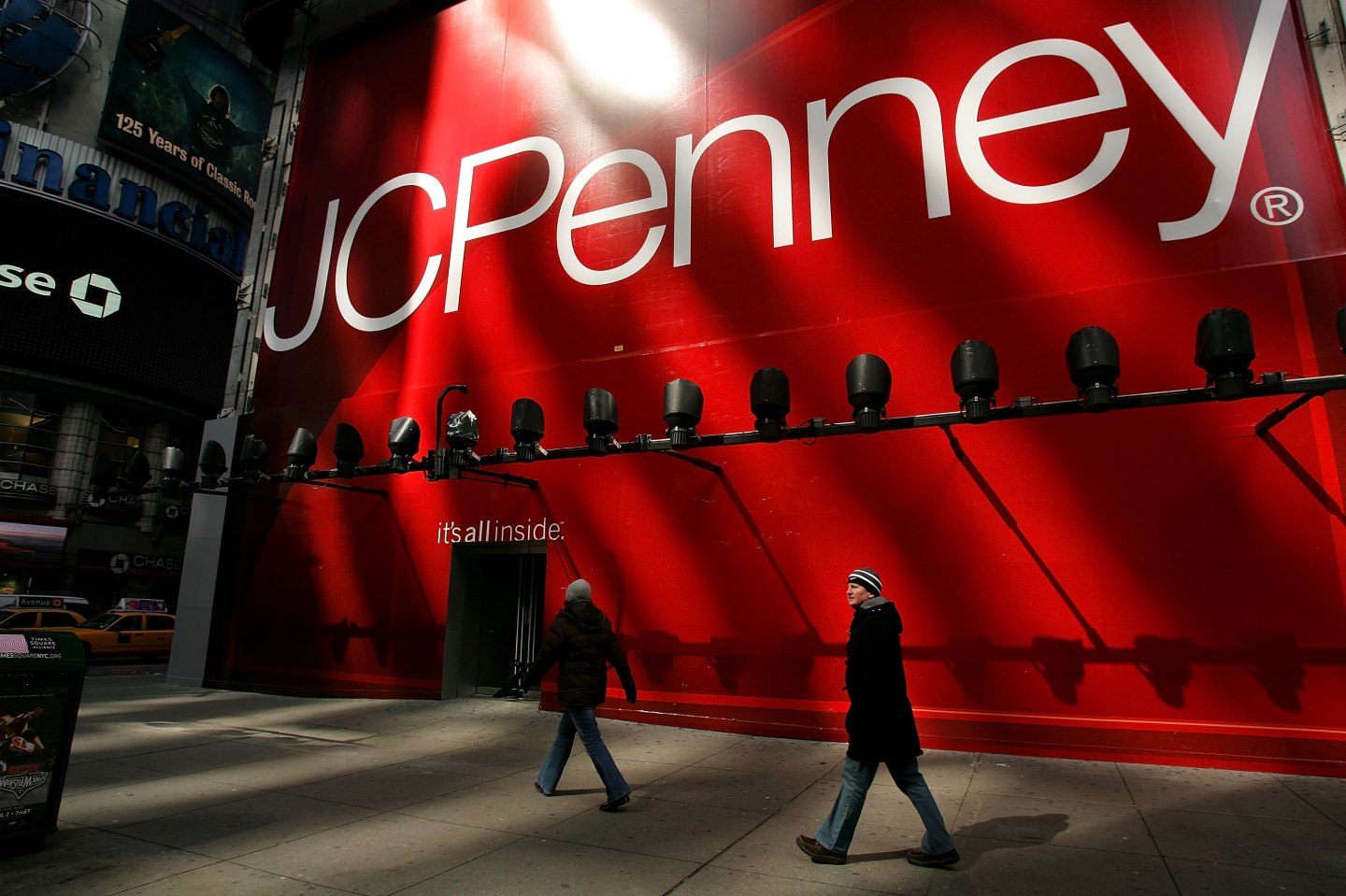J.C. Penney’s (JCP) 2011 deal to build out stores-within-a-store selling lower-priced Martha Stewart home products interfered with the tastemaker’s exclusive arrangement with Macy’s (M), New York State Supreme Court Justice Jeffrey Oing ruled on Monday.
Macy’s sued its smaller department store rival in 2012, arguing that Penney’s deal infringed on its 2006 exclusivity contract with Stewart to sell kitchen, bath and bedding goods either designed by her or bearing her name. Stewart’s brand is the top selling line at Macy’s home goods stores.
In his decision, Oing declined to award Macy’s punitive damages, but ruled that Penney could still be on the hook for damages for products designed by Stewart for Penney and sold under its now-abandoned “JCP Everyday” brand. He referred the issue of damages to a referee or special hearing officer. “JCP Everyday” products were initially supposed to be sold under Stewart’s name. Penney still sells other Stewart products, such as window treatments and party decorations, categories that are not part of the Macy’s deal.
Penney’s Martha Stewart boutiques, announced in December 2011 with great fanfare weeks after ex-CEO Ron Johnson took the reins, were supposed to be the cornerstone of the lower-tier retailer’s strategy to rebuild its home goods business, which made up for 21% of sales as recently as 2006 but had fallen by nearly half at that point. Johnson had planned to turn Penney stores into emporia housing dozens of trendier brands of clothing, home furnishings and other products. Johnson’s vision turned out to be a big bust, with Penney’s sales falling more than 30% over 2 years.
The trial was a distraction for Penney in 2013 as it was trying to bring its business back to the brink. Penney fired Johnson in April 2013, and Oing called him “a casualty of his own hubris.” His vision was quickly dropped by his predecessor, Mike Ullman, who came back to the company and proceeded to reverse almost every merchandising decision by Johnson. Penney suffered liquidity problems in 2013 because of the collapse in revenue, and had to raise billions in debt and shares to steady itself. By the holiday season, sales were starting to recover and continue to improve.
While Johnson and his executives behaved badly—Johnson’s emails mocking Macy’s CEO Terry Lundgren were made public during the 2013 trial—Penney’s actions were not “malicious” or “immoral,” Oing wrote in his 63-page decision, to explain why he wouldn’t award punitive damages.
Oing said that the ridicule and humiliation suffered by Penney, its board and top executives “are a sufficient deterrent to JCP and other companies from acting in a similar way in the future.”
“We are delighted, but certainly not surprised that the court has found tortious interference by (Penney),” said Macy’s in a statement. “It is a great shame that Macy’s had to expend time, money and the diversion of its resources in order to protect its rights. We look forward to the damages phase of the case.”
Penney representatives said that they “respectfully disagree with and are disappointed with this outcome” and “the company does not believe that money damages are warranted and will defend against any damages awarded.” Penney is also considering options for appeal.













